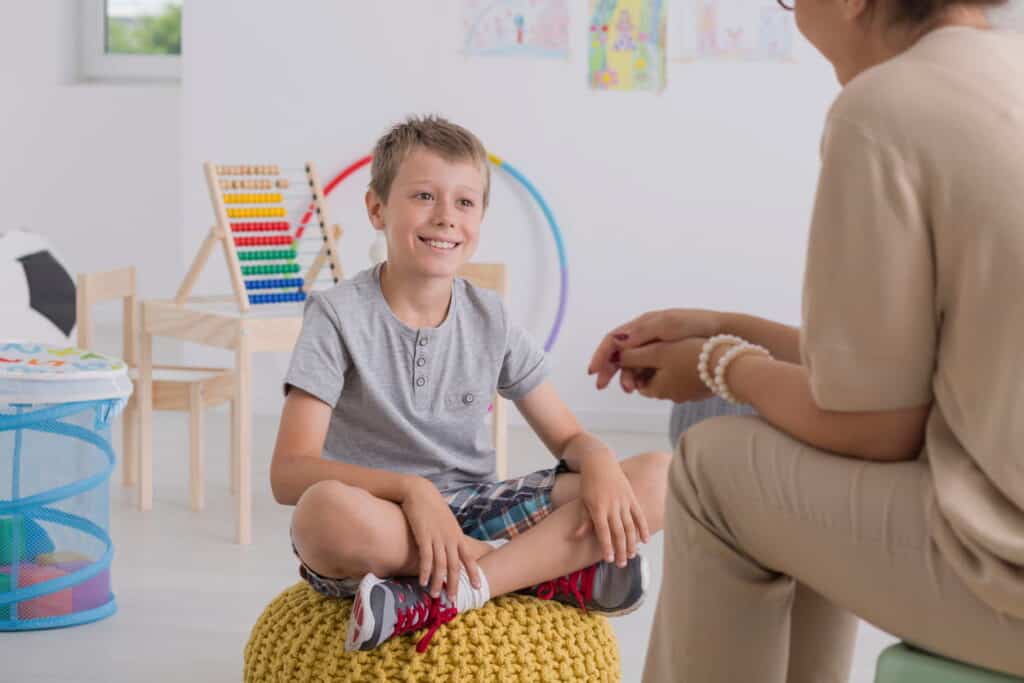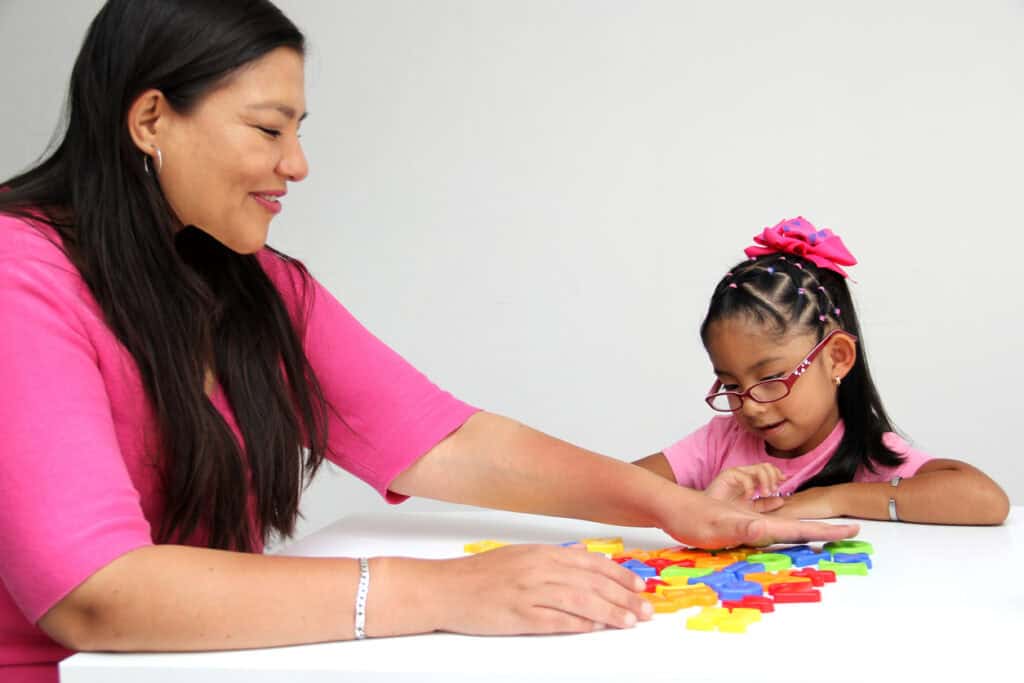Empowered parenting focuses on nurturing a strong bond between parents and children through positive communication and understanding. It emphasizes active listening, setting clear boundaries, and fostering a supportive environment where children feel safe to express themselves. This approach encourages parents to be role models, demonstrating empathy and resilience in handling challenges. By promoting mutual respect and healthy interactions, empowered parenting aims to cultivate confident, emotionally intelligent children who can navigate life’s complexities with resilience and a sense of self-worth.
Building Trusting Relationships
Building trusting relationships is fundamental in empowering parenting. It revolves around creating environments where children feel secure and valued. This entails prioritizing quality time spent together, actively listening to their thoughts and feelings, and consistently showing empathy. When trust is firmly established, children are more inclined to seek guidance from their parents and openly share their concerns.
This mutual trust forms a solid foundation for healthy communication and emotional connection within the family. It enables parents to support their children effectively through challenges, nurturing their growth and confidence as they navigate life’s complexities. Ultimately, fostering trust fosters a sense of security and belonging that enhances overall family well-being and resilience.
Setting Boundaries with Love
Setting boundaries with love involves creating clear guidelines and expectations for children while maintaining a nurturing and supportive environment. It starts with understanding that boundaries are essential for a child’s development, helping them feel safe and secure. Parents establish boundaries by communicating clearly and consistently, explaining the reasons behind rules and consequences with empathy and understanding.
This approach teaches children about respect, responsibility, and self-discipline. When boundaries are set with love, it means balancing firmness with compassion, ensuring that discipline is constructive rather than punitive. It fosters a sense of trust between parents and children, where rules are seen not as restrictions but as necessary guidelines for their well-being and growth. Ultimately, setting boundaries with love helps children internalize values and develop healthy boundaries in their own relationships.
Encouraging Independence
Encouraging independence in children is about gradually empowering them to take on age-appropriate responsibilities and make decisions. It begins with providing opportunities for children to learn and practice skills, fostering self-reliance and confidence. Parents support independence by encouraging curiosity, problem-solving, and critical thinking skills, allowing children to explore and learn from their experiences.
This approach involves stepping back at times to let children navigate challenges on their own while offering guidance and support when needed. It’s about nurturing a growth mindset where mistakes are seen as learning opportunities and successes are celebrated. Encouraging independence helps children develop resilience, adaptability, and a sense of agency, preparing them to become capable and confident individuals as they grow and face the world independently.
Navigating Challenges Together
Family life inevitably includes challenges, whether they’re related to school, friendships, or personal growth. Empowered parenting involves approaching challenges as opportunities for learning and growth. By working together as a team, parents and children can develop problem-solving skills, resilience, and strengthen their bond through shared experiences.
- Approaching Challenges as Learning Opportunities: Empowered parenting views challenges as chances for children to learn resilience and problem-solving skills.
- Collaborative Problem-Solving: Parents and children work together to tackle challenges, fostering a sense of teamwork and mutual support.
- Strengthening Resilience: Facing challenges as a family builds resilience in children, teaching them to persevere and overcome obstacles.
- Bonding Through Shared Experiences: Working together through challenges strengthens the emotional bond between parents and children.
- Supporting Personal Growth: Overcoming challenges helps children develop confidence and skills needed for personal growth and future success.
Cultivating Emotional Intelligence
Emotional intelligence is crucial for navigating life’s challenges with understanding and resilience. Parents play a vital role in nurturing this skill in children by fostering an environment where emotions are acknowledged and expressed openly. This involves teaching children to identify and articulate their feelings, validating their emotions, and providing strategies for managing stress and conflicts constructively. By modeling empathy and discussing diverse perspectives, parents help children develop a deeper understanding of others’ emotions and perspectives.
Building emotional intelligence equips children with essential tools for building and maintaining healthy relationships, resolving conflicts peacefully, and making thoughtful decisions. Ultimately, it cultivates a sense of self-awareness and emotional regulation that enhances their overall well-being and prepares them for social and academic success in their lives.
Creating a Positive Home Environment
A positive home environment is characterized by warmth, encouragement, and mutual respect. It involves fostering a sense of belonging, celebrating achievements, and nurturing a supportive atmosphere where each family member feels valued and appreciated. A positive home environment contributes to children’s emotional and psychological development, helping them thrive academically, socially, and emotionally.
Warmth and Encouragement
In a positive home environment, warmth is conveyed through affection, kindness, and a genuine interest in each family member’s well-being. Encouragement plays a crucial role, providing support, motivation, and constructive feedback to help children grow and succeed. This supportive atmosphere fosters love and positivity, creating a nurturing space where children feel secure and confident in their abilities.
Mutual Respect
Mutual respect within a family is cultivated through open communication, attentive listening, and a genuine respect for each member’s viewpoints and personal boundaries. This approach fosters an environment of trust and harmony, where every family member feels valued and understood. By acknowledging and honoring individual perspectives, family members learn effective communication and conflict resolution skills.
Sense of Belonging
A positive home environment nurtures a profound sense of belonging, where every family member feels accepted, valued, and deeply understood. This sense of belonging fosters emotional stability and strengthens familial bonds, promoting overall happiness and well-being. It creates a supportive atmosphere where individuals can thrive, fostering mutual respect and a shared sense of purpose within the family unit.
Celebrating Achievements
Recognizing and celebrating achievements, whether academic, personal, or developmental, plays a crucial role in reinforcing positive behavior and boosting children’s self-confidence. This practice not only motivates children to strive for success but also fosters a sense of support and appreciation within the family. It encourages a positive outlook on challenges and achievements, promoting a healthy mindset and overall well-being.
Supportive Atmosphere
Consistent emotional support and encouragement during challenging moments are essential for nurturing children’s resilience and coping abilities. A supportive environment encourages children to freely express their emotions, seek guidance as necessary, and build confidence in confronting obstacles. This holistic approach fosters their overall development academically, socially, and emotionally by equipping them with essential life skills and strengthening their capacity to navigate life’s ups and downs effectively.
Growth Mindset in Parenting
Adopting a growth mindset in parenting is about nurturing a belief that abilities and intelligence are not fixed traits but can be enhanced through dedication and persistence. This approach encourages children to focus on the process of learning rather than solely on achieving specific outcomes. By praising effort, perseverance, and strategies used to overcome obstacles, parents cultivate resilience and a positive attitude towards challenges.
Embracing a growth mindset teaches children to view failures as opportunities for learning and to develop problem-solving skills. It fosters a sense of curiosity and a lifelong love for learning, empowering children to set ambitious goals and confidently pursue them. Ultimately, a growth mindset equips children with the mindset and skills needed to navigate life’s complexities with optimism and determination.
Conclusion
In the journey of parenting, adopting an empowered approach such as nurturing a growth mindset can profoundly impact a child’s development. At Abbey Neuro Psychology Clinic, located at 366 S. California Avenue, Suite 14, Palo Alto, CA 94306, emphasizes the importance of fostering resilience, embracing challenges as learning opportunities, and promoting a positive home environment. By encouraging continuous learning and celebrating effort, parents can help children thrive emotionally, academically, and socially. For guidance on nurturing your child’s growth mindset and enhancing family dynamics, contact us at 650-590-5743. Together, let’s empower your parenting journey.






